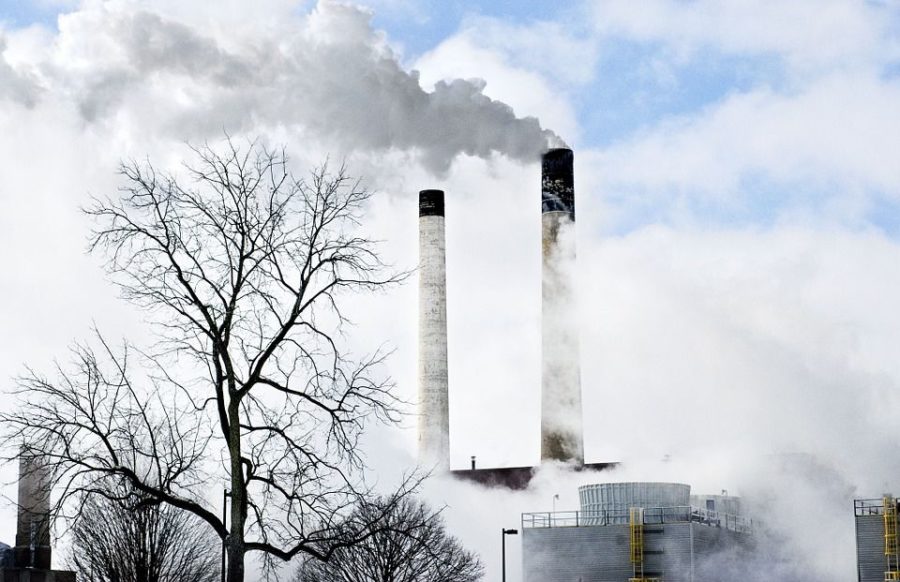Fox: The Realities of Global Warming
GlobalWarming
March 24, 2019
In recent years and presidencies, there have been hot debates about whether or not global warming is real. In my opinion, this is due to a large misconception as to what global warming is and the implications of its existence.
Global warming can be defined as a warming of the Earth due to high amounts of greenhouse gases being trapped in the Earth’s atmosphere. Greenhouse gases such as carbon dioxide help to keep heat in the Earth’s atmosphere. Therefore, when the amount of greenhouse gases produced rises, the amount of heat in the atmosphere rises.
The first common misconception about global warming is that the impact of trapping heat in the atmosphere is low or minimal. For example, global warming has caused the surface temperature of the Earth to rise by almost two degrees Fahrenheit in the last century. While this may seem minimal, small changes have big effects on global weather. During the last ice age roughly 2,000 years ago, the global temperature was only 5 to 9 degrees Fahrenheit colder than the average temperature today. If 5 degrees is all it takes to maintain an ice age 2,000 years ago, imagine the adverse effects of a 2 degree increase in just 100 years.
If greenhouse gas emissions continue at their current rate over the next century, the Earth could experience devastating effects. This means your grandchildren could be dealing with droughts, heat waves, more frequent and intense hurricanes and storms and flooding. While 100 years does not seem immediate when considering an individual’s lifespan, it becomes all the more important to the survival of the human race.
The second common misconception surrounding global warming is that global warming is in part a natural occurrence and is not purely “man-made.” This is not true according to NASA, which states that global warming is 95% likely to be man-made. The misconception lies within what one may consider to be man-made. For example, humans using fossil fuels have caused the amount of carbon dioxide in the atmosphere to rise. While burning fossil fuels is seen as something made by man, agricultural effects on the global temperature are often thought of as natural.
Agriculture also plays a large part in creating greenhouse gases be it from cattle, fertilizer and so on. It may seem like a “natural” process, but the only animal known to farm is man. The act of taking plants and animals from their natural habitat, domesticating them and placing them wherever is a unique attribute of the human species and must also be taken into account when considering the “man-made” nature of global warming.
Since global warming is a real, looming threat, what can we, as Earth’s inhabitants, do to slow it down? Not everyone can afford to use alternative energy in their homes and cars. However, there are two things that everyone can do, even if they may seem small. The first of which is to reduce one’s individual carbon footprint. A carbon footprint is how much carbon an individual produces in their lifetime. This can be reduced by taking alternative transportation, such as biking or walking to work or using public transportation and by conserving energy like electricity and heating by using energy only when necessary.
The second if not more important way to slow down global warming is to vote. If enough people can vote in or convince their elected officials that global warming is a force to be reckoned with, we as a people can enact change in our current society. This is important both on a local official level and on a national level.
The United States has opted out of both the Kyoto Protocol, a UN agreement to reduce carbon emissions and the Paris Agreement, a UN agreement to reduce the climate change in the next century as well as to prepare for the changes that global warming may bring. It is so very important that a country as infamous as the United States takes a stand to ensure that our planet remains livable for as long as possible. When you think of global warming, please consider acting and voting for the future of not just the United States, but of the Earth itself.
















